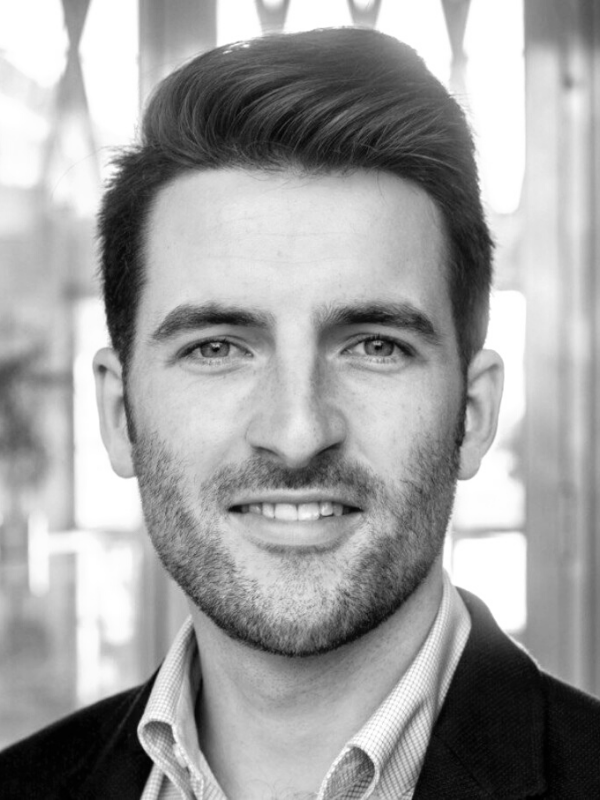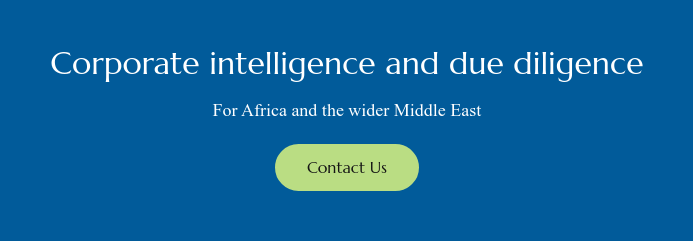Infrastructure boom is driving development in Saudi Arabia
Read moreVision 2030 and Saudi Arabia’s changing business environment
Saudi Arabia is currently undergoing major economic and social transformation.
The Kingdom's 'non-oil' sectors are expanding significantly, recording growth rates of 5.3% in 2022 and 3.8% in 2023.1 Overall GDP surpassed US$1 trillion for the first time in 2022 and is forecast to grow to US$1.43 trillion in 2029, according to the IMF.2 On the social front, the country’s strict social code has eased, enabling much greater societal and economic openness. Men and women now mix in public, dress codes are less strict, the religious police are no more, and massive dance music concerts are now among the country’s leading entertainment events.
All of this change is making Saudi Arabia perhaps the most exciting market in the world right now. Its own ambitions, the opportunities for foreign investors, and the country’s growing role on the global stage have all been turning heads. There is a real buzz in and around the country. So what is all the noise about and what structural and business changes have actually been taking place?
Vision 2030
Reform is being driven by an economy-wide national transformation plan called Vision 2030. This was launched in 2016 and is the brainchild of the Kingdom’s young de facto ruler, Crown Prince Mohammed bin Salman. In essence, the Vision is a series of goals and strategic initiatives to grow new economic sectors and reduce the country’s heavy dependence on oil revenues. The idea is to ensure long-term economic prosperity, especially for a time when oil plays a smaller role in the global economy. Economic diversification has long been on the agenda for Saudi Arabia but Vision 2030 and the country’s new leadership has put this into overdrive.
Core objectives of the Vision include increasing female labour force participation, creating employment opportunities for the country’s large youth population, establishing itself as an international tourism destination, fostering private sector growth, boosting entrepreneurship, promoting domestic manufacturing, becoming a clean energy hub, and expanding virtually every economic sector.
Common wisdom is that the country may not achieve all of its hugely ambitious targets for 2030. Nevertheless, even if some targets are achieved that would still be a significant success. This is especially the case for a country where change and reform used to take place at a snail’s pace. Change is now part of the very fabric of the country. Vision 2030 should therefore be viewed not just as an end in and of itself (a series of targets) but also as a means – a catalyst for action and change.
Image disconnect
Change has been taking place at such a rapid pace over the last several years that many observers outside Saudi Arabia have not been able to keep up with new developments. Many still only know the country by its old stereotypes. Yet more and more international marketing campaigns that showcase the country’s new giga-project and mega-project developments, such as NEOM, have provided international audiences with an alternative window into the country and the new economy it is building.
One useful way to think of Saudi Arabia today is a split between the ‘old Saudi Arabia’ that existed before the launch of Vision 2030 and the ‘new Saudi Arabia’ that has been emerging since the Vision’s launch. While the legacy of the old Saudi Arabia still persists and will continue to do so, the new Saudi Arabia is proving to be a very different place. Much of what is commonly known about the country internationally will need to be relearnt and updated.
Women's participation and SME growth
Some of the most notable successes of Vision 2030 so far are transformations in the labour market and an improved entrepreneurial environment. Participation of Saudi women in the labour market has risen dramatically, from 17% in 2017 to over 35% in 2021.3 This is a rate of increase rarely seen elsewhere in the world. The number of registered SMEs in the country has also grown significantly from around 430,000 in 2016 to more than 1.3 million in 2023.4
The country has shot up in entrepreneurial rankings and now ranks as one of the best countries to start a business. In 2023, Saudi Arabia ranked 3rd in Global Entrepreneurship Monitor’s National Entrepreneurship Context Index (NECI), rising from 41st place in 2018. The entrepreneurial gap between men and women has also been closing. In 2009, for every 10 men starting or running a new business there was only one woman doing the same. By 2023, there were more than eight women starting new businesses for every 10 men doing the same.
Business destination
International businesses are taking an increasing interest in the Kingdom. This is being driven by a combination of push and pull factors. The reforms that have been implemented since Vision 2030’s launch have been making Saudi Arabia a much more compelling destination to do business. With huge state investment committed to the country’s economic transformation, numerous foreign companies have been seeking to enter the Saudi market to provide the goods and services needed to meet Vision 2030’s various goals. They want a piece of the pie.
The government is also actively encouraging companies to move their operations here. As part of a push to get multinational corporations to relocate to Riyadh, a new regional headquarters law came into force at the start of 2024. This stipulates that multinationals wishing to win contracts from Saudi government agencies must have their regional headquarters in the Kingdom. This was coupled with generous incentives including a 0% tax rate for 30 years and a 10-year exemption from Saudisation requirements (rules on hiring a certain ratio of Saudi citizens).
Regulatory improvements
Several reforms have been introduced to improve the regulatory and legal environment for doing business. Licencing procedures have been simplified for foreign entities seeking to invest and operate within the Kingdom. Restrictions on foreign ownership have been relaxed, now enabling 100% foreign ownership in specific sectors. To streamline visits and enable residency, a range of new visas have been introduced including long-term residency visas tailored for entrepreneurs and investors. In December 2023, a new civil code came into effect which is expected to make rulings on civil and commercial transactions more consistent and predictable. Vision 2030 has an explicit aim to make it easier to do business in Saudi Arabia and as such the regulatory environment is likely to continue to improve and evolve.
FDI and funding Vision 2030
In order to fund Vision 2030’s various initiatives, Saudi Arabia will need major investment and many years of continued income from its oil exports. While oil revenue and local capital is expected to provide most funding, the country is aiming to attract $100 billion in foreign direct investment (FDI) per year by 2030. However, there will be a steep mountain to climb to achieve that. Average inflows of FDI between 2017 and 2022 were US$17 billion per year. Preliminary estimates for 2023 indicate inflows of US$19 billion.5
Funding challenges have recently come to the fore. In December 2023, Saudi officials announced some projects were being pushed back beyond 2030. In April 2024, a story broke that targets for completion of the first stage of The Line, NEOM’s linear city, were being scaled back. Developers had until recently aimed for 1 million residents to be living on The Line by 2030 but this is now expected to be closer to 300,000 people. These announcements are not necessarily surprising considering the logistical and financial constrains of delivering such ambitious projects, especially under tight timelines.
For the short term, the government is well positioned to borrow and run a deficit to fund these projects if necessary. Oil revenues will also likely continue well into the future. Even though the world is set to transition away from fossil fuels and needs to do so rapidly, Saudi Arabia will be one of the last players to remain in the oil game due to its low-cost and lower-carbon intensity oil production.
A Saudi century?
Looking ahead, the ambition of Saudi Arabia’s leadership and its young and growing population should not be underestimated. The leader behind Vision 2030, Mohammed bin Salman, is in this for the long-run. Currently aged 38, he is set to rule for the next 50 years. It is no surprise then that in a September 2023 interview, he proclaimed Saudi Arabia will be the biggest success story of the 21st century, adding “do you want to miss it or not? That’s your call.”
Charles Phillips is an independent consultant specialising in sustainable development in Saudi Arabia. His areas of expertise include climate change and sustainability policy in the Arab Gulf States. He is also a specialist in Saudi Arabia’s giga projects and the country’s emerging tourism and heritage sectors. He has travelled and worked extensively across the Middle East and Africa and holds an MPhil in Modern Middle Eastern Studies from the University of Oxford. Follow him on LinkedIn.
Over the coming weeks, Charles will be sharing his in-depth analysis on Saudi Arabia with a series of blogs and white papers. In addition to the changing business environment, he will focus on Saudi Arabia’s giga-projects currently under development, its rapidly changing infrastructure and its emerging tourism industry.
New cities and the rise of corporate urban identity
Insights on Gulf-Africa Commercial Ties: An Interview with Diligencia
The winners and losers of MbS's plan for Saudi to join the global economic premier league
-
FOOTNOTES

